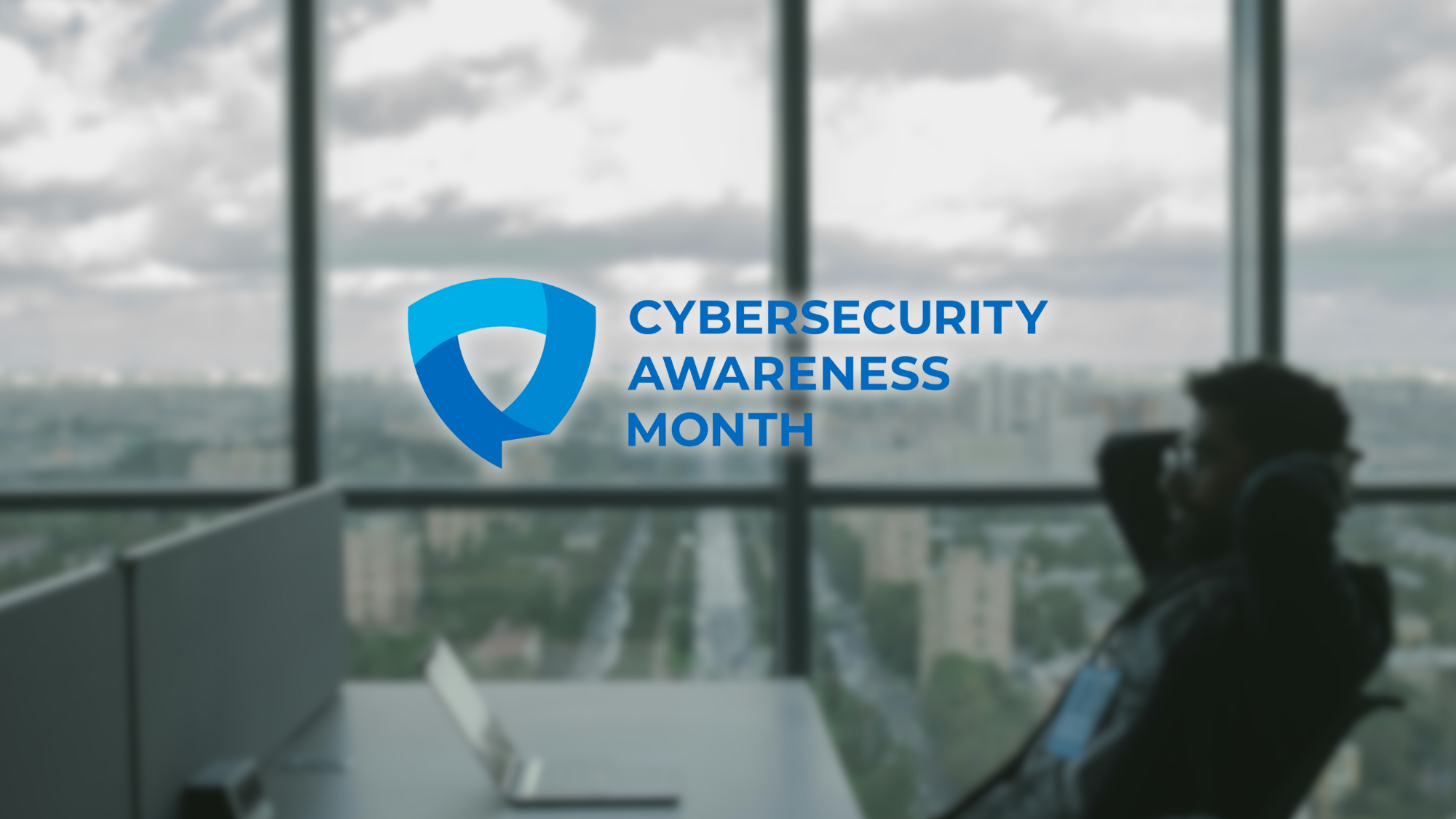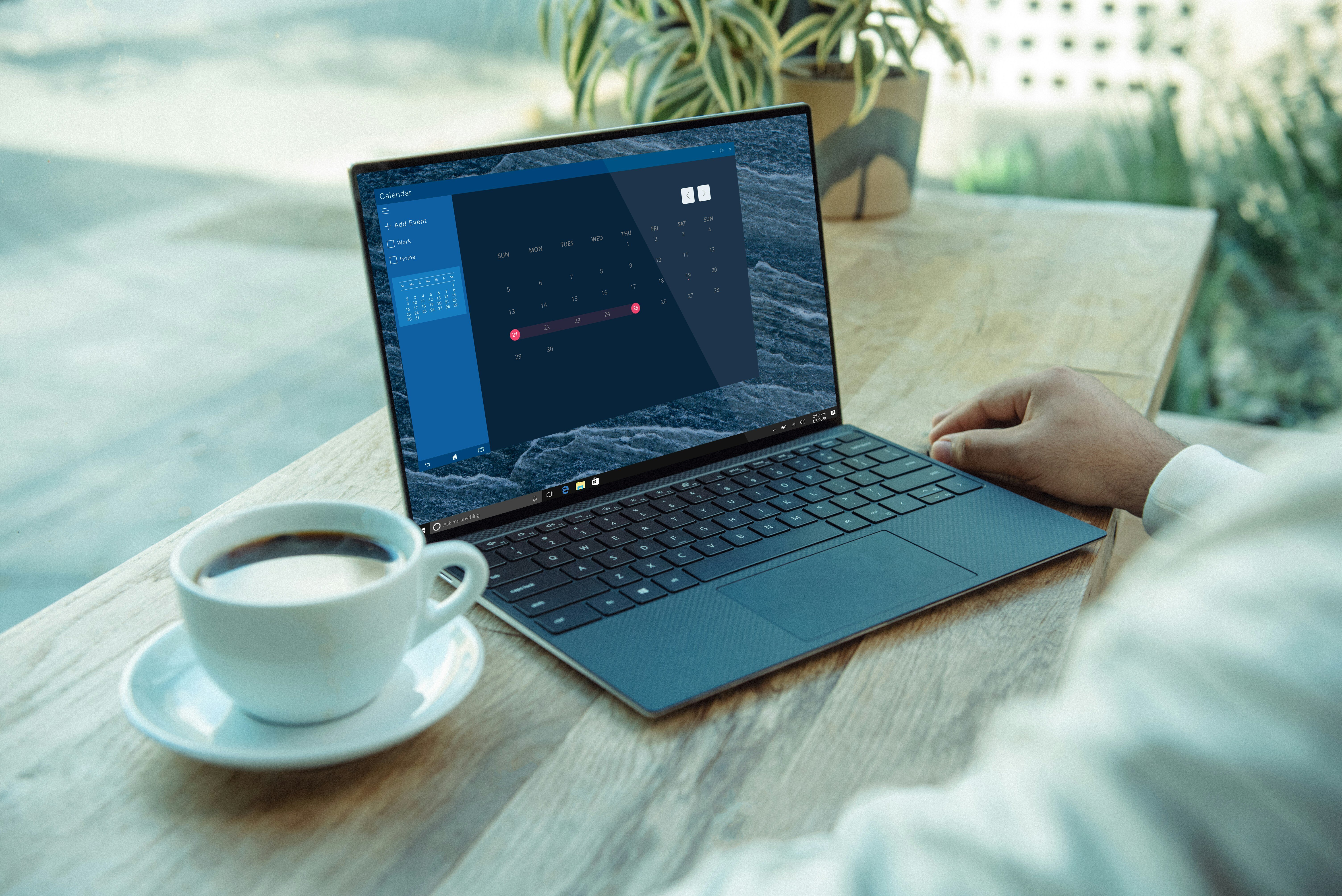Using Work Email for Personal Use is a Bad Idea.
Mixing business with personal email can lead to security breaches and privacy issues. Discover why it's essential to keep them separate.
Using your work email for personal matters can expose you to significant security risks. Work email accounts are often more heavily targeted by cybercriminals due to the valuable information they can contain. When you use your work email for personal activities, you increase the risk of phishing attacks and malware infections. These attacks can compromise not just your personal information but also sensitive company data.
Furthermore, businesses typically have strict security protocols to protect their email systems. Mixing personal and work emails can undermine these measures, making it easier for unauthorized access to occur. By keeping your email usage separate, you help maintain the integrity of your company's security systems and protect yourself from potential breaches.
Privacy Concerns You Might Overlook
When you use your work email for personal communication, you may unknowingly give your employer access to your private information. Most companies monitor their email systems to ensure compliance with internal policies and to safeguard against potential threats. This means that any personal emails sent or received through your work account could be subject to review by your employer.
Additionally, work email accounts are often backed up and stored on company servers. This means that even if you delete a personal email, it may still exist in the company's backup system. To protect your privacy, it’s best to keep personal communications on your private email account.
How Personal Use Can Affect Workplace Productivity
Using work email for personal matters can also negatively impact your productivity. Constantly switching between personal and professional tasks can make it difficult to focus on your work responsibilities. This can lead to missed deadlines, errors, and decreased overall efficiency.
Moreover, personal emails can clutter your inbox, making it harder to manage and prioritize work-related communications. By keeping personal emails separate, you can maintain a more organized and efficient workflow, ultimately boosting your productivity.
The Legal Implications of Using Work Email for Personal Matters
There can be legal consequences for using your work email for personal purposes. Many companies have policies that explicitly prohibit the use of work email for non-business activities. Violating these policies can result in disciplinary action, including termination.
Additionally, in the event of a legal investigation or litigation, your work email may be subject to discovery. This means that any personal emails sent or received through your work account could be scrutinized and used as evidence in a legal proceeding. To avoid potential legal issues, it's crucial to adhere to your company's email policies and keep personal communications separate.
Best Practices for Keeping Work and Personal Communications Separate
To effectively separate your work and personal communications, follow these best practices:
1. Use different email accounts: Maintain separate email addresses for work and personal use. This will help you keep your communications organized and reduce the risk of security breaches.
2. Utilize separate devices: If possible, use different devices for work and personal activities. This can help minimize distractions and ensure that your work environment remains secure.
3. Set boundaries: Establish clear boundaries between your work and personal time. Avoid checking personal emails during work hours and vice versa.
4. Educate yourself: Stay informed about your company's email policies and the potential risks of mixing work and personal communications. This knowledge can help you make better decisions and protect both your personal information and your company's data.



